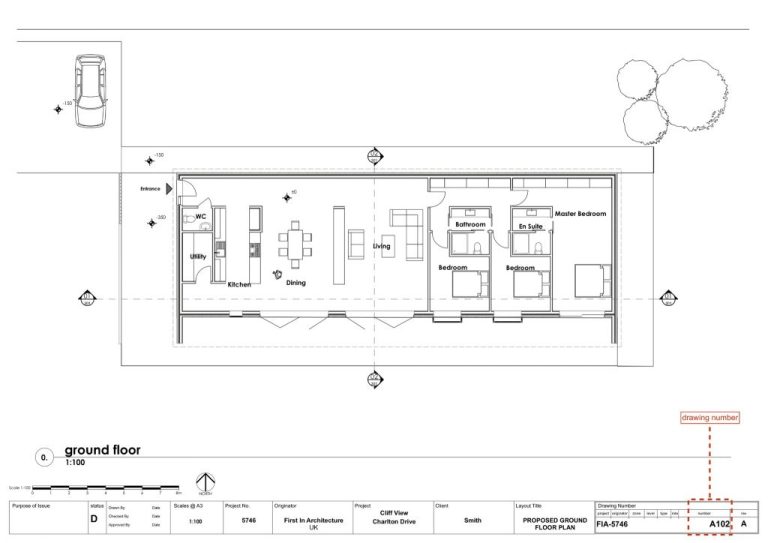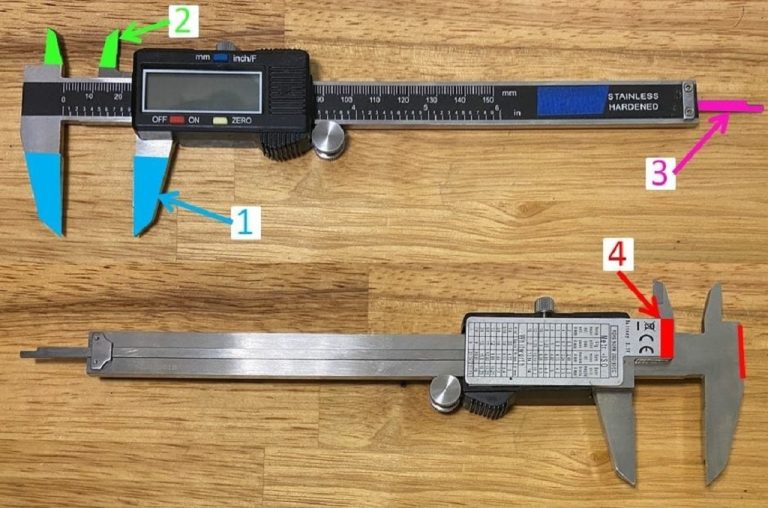If you’re considering a mortgage, it’s important to know the three key parties involved: mortgage lenders, mortgage borrowers, and occupiers. Anyone over the age of 18 living in a property who is NOT a mortgage borrower must sign an occupier consent form.
You may ask yourself ‘why?’ , but you must also know ‘what’ you’re signing.
Occupiers vs. Borrowers
Borrowers are simply individuals seeking a mortgage loan, while occupiers are adults with beneficial interest. Beneficial interest gives you the right to receive assets held by another party. In this case, living at or generating income from the property.

Mortgage lenders want to ensure transactions run smoothly, and in situations where borrowers breach the mortgage contract – by not paying back their loan, for instance – they want to be able to reclaim the property hassle-free. When there are other occupiers involved, things can become difficult, as a right of occupation could be claimed.
To avoid this, an occupier consent form will be issued. By signing and acknowledging this form, you forfeit your rights to the property in instances where the mortgage contract is breached. If loan payments aren’t made, for example, the lenders can repossess the property without any interference.
Pros and Cons
In case it wasn’t clear, this form is designed almost exclusively to benefit the mortgage lender. As a result, it’s important to know the full extent of the form’s potential impacts on you. Getting independent legal advice, such as the services available at https://www.samconveyancing.co.uk/news/conveyancing/occupier-consent-form-what-does-your-mortgage-lender-need-6019, can help you in making safe and informed decisions on this matter.
When signing, you may also be renouncing other rights or interests in the property. There can be circumstances where someone may acquire rights to the property even if they were not the original mortgage borrower. By signing the consent form, your rights may become a lower priority than the lender’s right to repossess the property.
Depending on how busy your schedule is, you might consider seeking legal advice a negative. But being fully aware of the contract you’re signing and receiving guidance throughout the whole process is undeniably beneficial in the long run, and helps to prevent unfair treatment.
What if I refuse to sign?
Unless the form receives signatures from every adult occupier, mortgage funds can be withheld by the lender.

Lenders will understand if you don’t want to sign immediately and often recommend independent legal advice to ensure all parties understand and agree on the form. Lenders want to ensure borrowers don’t allege that they were coerced or forced into signing the form.
A signed contract is what all parties want, so knowing the full implications and all the caveats will ensure that acquiring your mortgage goes smoothly.













+ There are no comments
Add yours